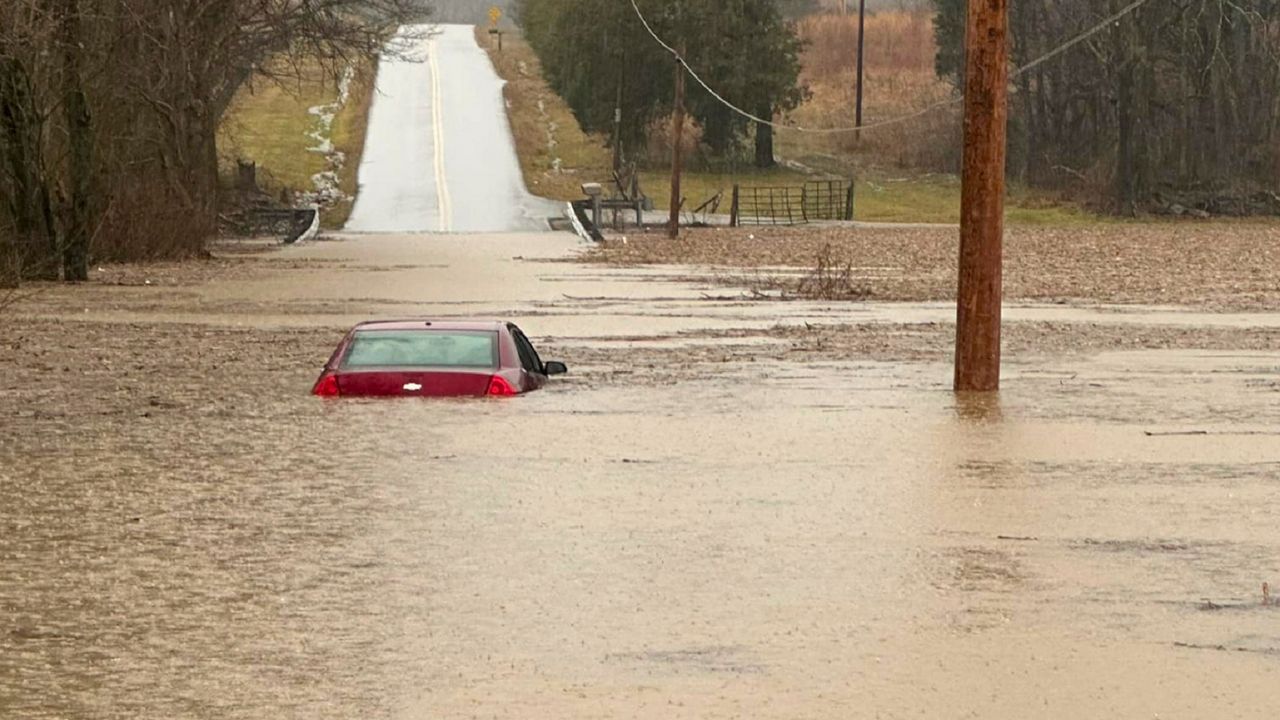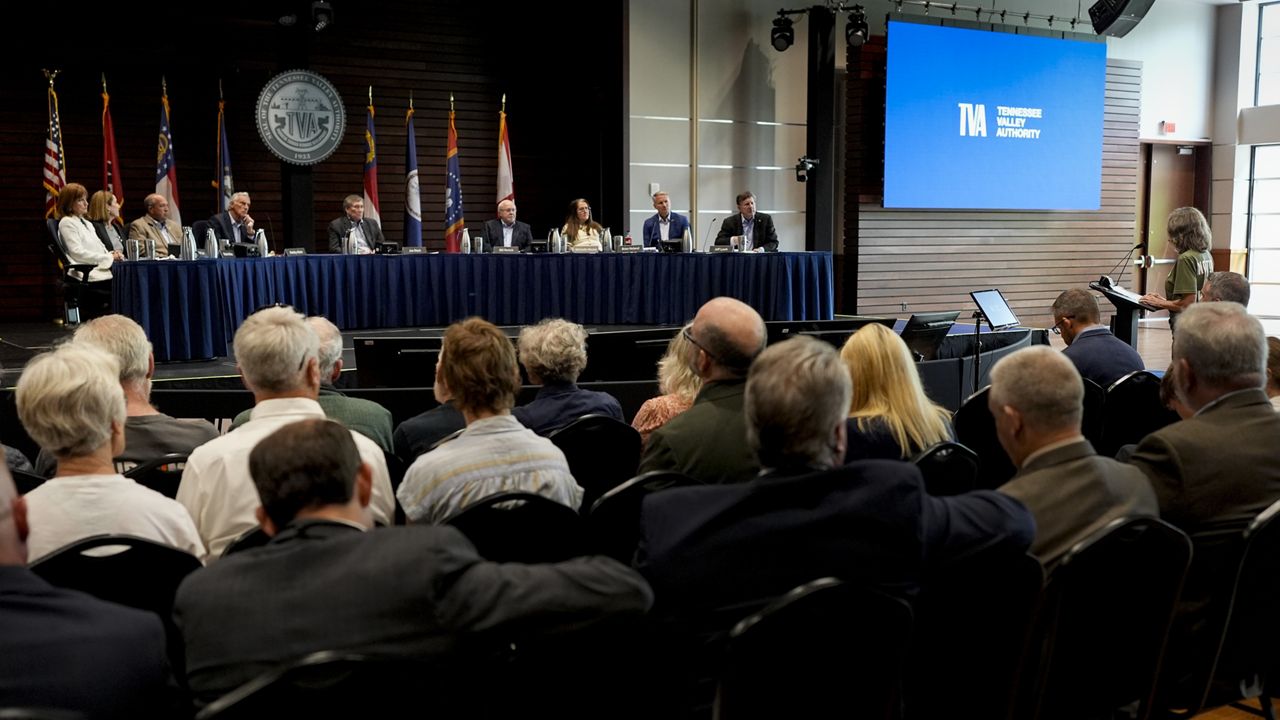BOWLING GREEN, Ky. — One of the first Black female locomotive engineers visited Bowling Green to sell and autograph her book that discusses her personal history with her climbing the locomotive engineering ladder.
The book is called, “The Climb Up,” and highlights how Vallorie O’Neil overcame oppression throughout her journey in the engineering field.
Many folks lined up at her table, asking for autographs, while also eager to hear her stories.
“I never thought 40 years ago that I would be standing in here in Bowling Green, and signing,” O’Neil said. “It’s very exciting and humbling.”
Becoming a locomotive engineer is not an easy task, but that didn’t stop O’Neil. At one point, she had aced a test with over 400 questions.
But since O’Neil was born in the 1950s, she had to fight through the barbaric Jim Crow Laws and De facto segregation. As a result, she encountered racist hatred and division throughout her career of being a locomotive engineer, which is a predominantly male field.
O’Neil highlighted several of her moments where she stood up to racism during her years as a locomotive engineer.
One of those moments is when a sheriff told her to get off the train, all because of her gender and the color of her skin.
“He looked up at me and said ‘Get down from there.’ And I said, ‘You talking to me?’ And he said ‘I said get down.’ And I said ‘No, I’m not gonna get down,’” O’Neil said.
The sheriff believed she had no right being there, as he continusously demanded her to get down. The sheriff said, “You don’t have any business up there. I’m ordering you to get down.”
But then, the hostile event took a turn.
“My engineer tapped him on the shoulder and said ‘If she gets down, the train doesn’t move. She’s my engineer.’ And the sheriff walked away. Because he has never seen a female, a Black female, as a locomotive engineer,” O’Neil said.
Many other engineers and friends gathered to hear her stories, as well as to witness this monumental moment for her book.
“She’s helped changed things, she’s tried to bring people along after her, which is very important,” Supplier Quality Engineer Joseph Bowman said. “So, having it written down as history that can be shared for many years from now is very, very good.”
As such, many consider O’Neil, not only as someone who significantly stands up for her social values, they also consider her a role model.
“She can show to young women of all ethnicities that you can make it in a quote unquote, a man’s world,” retired District Superintendent Doris Langon said.
However, O’Neil says that racism has not ended, and that many people in marginalized communities will unfortunately deal with this in many ways, but here is how she advises people to overcome oppression.
“Unfortunately, we’ve hit a wall, not a big wall,” O’Neil said. “We as women and minorities have to understand we’re going to have to go up and over the wall. It’s not the wall that was there for my parents, it’s not the wall that was there for me. But it’s still there for you. So when we hit that wall, we have to learn to get up and over it. Don’t complain that it’s there. Get up and get over it.“
The book is $20, and you can get them online by emailing O’Neil.










